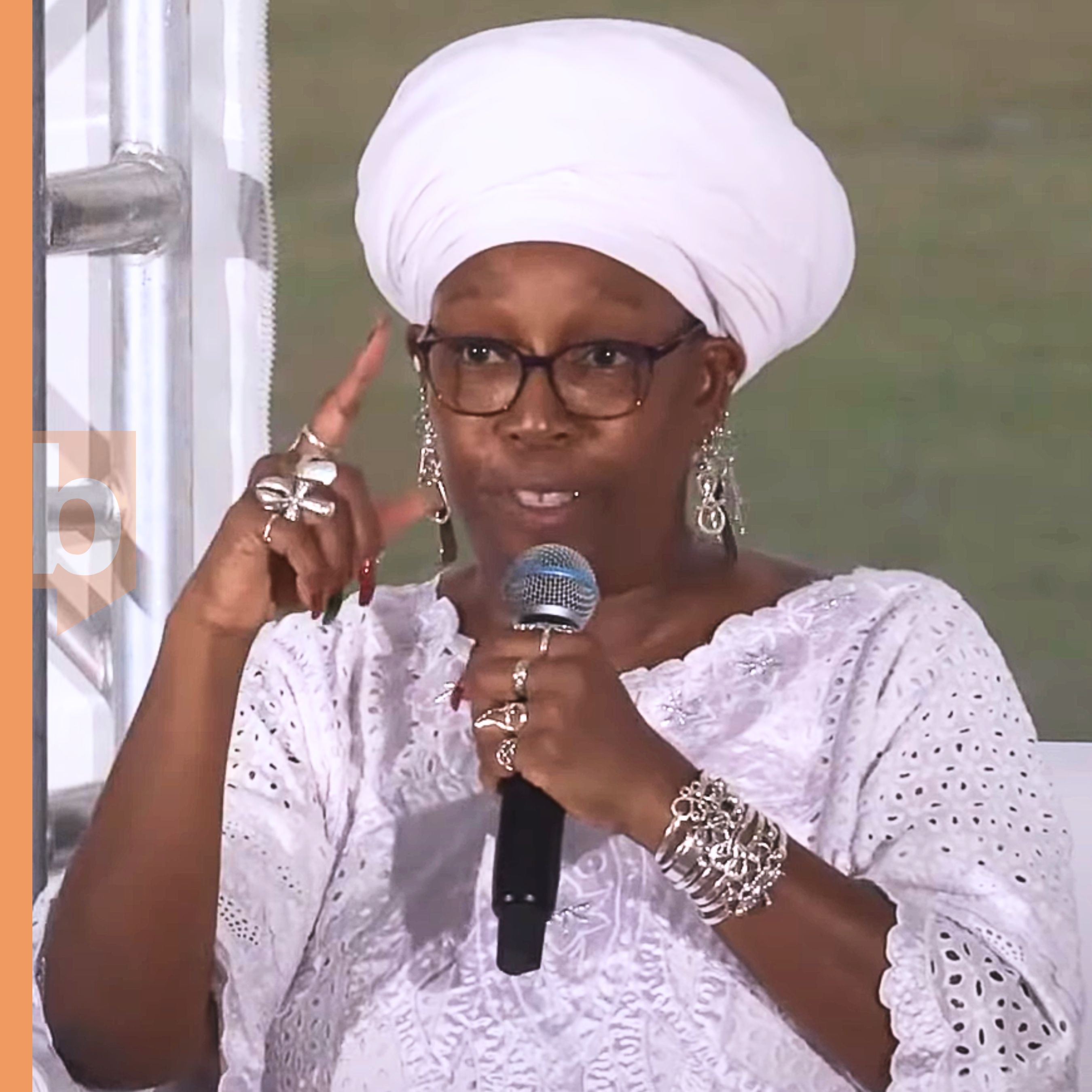BARBADOS--Chenzira Kahina, Chief Executive Officer and Founder at AST Speaks, and Co Founder, CEO and Managing Director at Per Ankh Khamniversity, expanded her call for principled, measurable decolonization during the “Big Conversation” series at CARIFESTA XV, “Freedom Isn’t Finished, Reflections on the Caribbean’s Unfinished Historical Mission, The Total Decolonization and Unification of the Region.”
Kahina rooted the discussion in a continuum of Caribbean and Pan African thought, recalling Hubert Harrison, Marcus Garvey, and Blyden as touchstones for historical grounding and reconnection with the African continent. She situated the Virgin Islands within that arc, noting long standing ties to Nigeria and the wider diaspora, while stressing that the present moment demands concrete steps, not rhetoric.

Central to her message was a clear thesis linking decolonization to reparations and human rights. In her words, “decolonization within the reparations movement is essential within the global human rights movement and is best complemented which streamlined respectful dialogues with practical reconnections and the implementation of decolonization protocols, policies, laws that are sustainable, that are prosperous, that foster economic exchanges and reparatory justice frameworks that are linked to actionable deliverables Within and through a continuum of global reparations and reparatory justice movements, global African, global Pan African and other diaspora and indigenous African actions, programs, initiatives, institutions, platforms, paradigms, frameworks and beyond.”
She underscored how colonial attitudes persist by citing a 1922 pronouncement from an appointed naval governor about the Virgin Islands: “Virgin Islanders, a quiet and humble people, should not be allowed to rule themselves for 100 years, and when so should be done under white rule. But there are militants among them.” Kahina linked that consciousness to present day constraints and fears that surround decolonization work, while expressing gratitude for the ability to speak plainly in Bridgetown. “It is a blessing to be in a in a space that has some freeness like Barbados,” she said.
Kahina referenced recent threats against institutions serving black children and called for vigilance and care. She drew strength from the memory of Fireburn, invoking its date and leadership to emphasize endurance. “Fireburn, October 1st, 1878,” she said, highlighting the women at the center of the uprising and the punishment they endured, then adding, “they didn’t break the essence of the spirit.”
She described structural limitations that continue to hinder regional integration for colonial territories, including the need for external permission to formalize relationships with Caribbean bodies, and offered a blunt assessment of that reality, calling it “ludicrous, like crazy.” Her solution oriented response stressed regional and transnational partnership. “So let’s do these types of global reconnections, working with brothers and sisters in Central and South America, in the Caribbean, in the 48 contiguous that are willing to go beyond what America does in its colonies.”
Kahina’s guidance was practical and immediate. She urged communities to match skills to needs, to measure progress, and to resource collaboration. “Start small," she said, adding, “wherever is your skill, whatever is your talent, whatever is your gift, that’s what you focus on,” and, “Collaborate with principal and resource.” The resourcing imperative was plain, “broke people can’t do a lot.”
She addressed tone and tactics, reclaiming words often used to dismiss organizers. “Rabble rouser,” she noted, and “revolutionary,” then clarified the intent behind the work, “it just means that we’re transformative.” Culture, wellness, and technology were framed as engines for that transformation. She invited the audience to embrace “ancestral intelligence,” to pair the creative arts with the digital frame, and to center spiritual systems that affirm life and freedom, “supports life, supports liberation, supports freeness, freedom,” while moving beyond schooling as an end in itself toward “edification.”
Kahina also emphasized pan Caribbean kinship that transcends colonial languages, accents, and borders, naming her own family ties to Saint Martin, north and south, and insisting that unity is a lived practice. “We, we want family in the Caribbean.”
She closed by inviting concrete follow up, “I am looking forward to inquiries, questions on how do we move that forward,” and encouraged participants to align with institutions that fit their values, to build joy into the process, and to pursue reparatory justice through principled, resourced, and measurable action.
Join Our Community Today
Subscribe to our mailing list to be the first to receive
breaking news, updates, and more.






